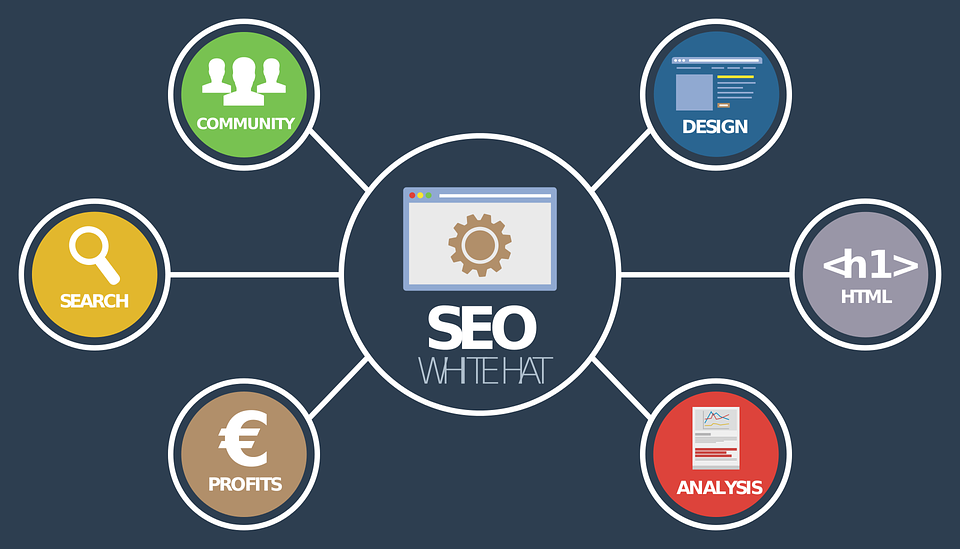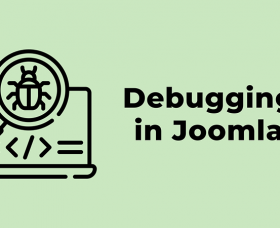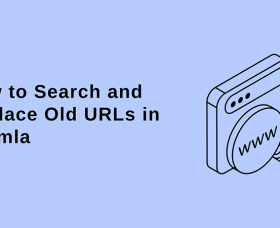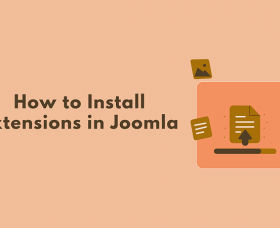BEST WORDPRESS SEO TIPS IN 2018

There is no doubt about it that WordPress is one of the best content management systems for search engine optimization (SEO) available today. However, it is also true that the platform alone will not help you get good ranking in search engine. You will need to look for ways to boost the SEO of your WP site.
In this post, we are going to take a look at the best SEO tips and techniques 2018 that actually work. So, without any further delay, let’s jump in.
#1 Choose a reliable hosting partner
This is a common mistake that most website owners make, especially newbies. They register at any random hosting provider coming their way without having a look at resources, speed, uptime, etc.
Factors like website loading speed and uptime play an important role in SEO ranking. These factors don’t just set the reputation and reliability of your website but also help it get good ranking as search engines like Google, Bing, Yahoo, etc. pay more attention to the websites that load content quickly.
Also don’t forget to have a look at uptime status of your hosting server. In case, if your site not available to your audience and if it gets noticed by search engine spiders, your ranking may get down to a great extent.
#2 Optimize Permalink Structure
Once you have chosen a budget-friendly yet reliable web hosting provider, it is time to implement SEO strategies. You may start with your permalink structure.
These are the permanent URLs to your blog posts and other website pages. There are plenty of ways you can configure them and improve your SEO. For example, you can implement a good long-tail keyword within the URL. But before starting with optimization of the URLs, check with permalink structure setting in your dashboard. It should be selected as Post Name.
Take a look at steps to do this setting.
- Access your WP dashboard. Go to Settings and then Permalink.
- Next, choose a permalink structure that includes Post Name. It will help crawlers as well as your users know what is the content available in the page or post.

#3 Check for Search Engine Visibility Settings
Some new WordPress users complain that their blogs or websites are not getting crawled by search engines. Well, there could be plenty of reasons for the same. However, sometimes, people forget to uncheck the setting in the WordPress dashboard that prevents a website from being indexed in search engine. Usually, developers or website owners do this setting when their website is still in the development phase.
Don’t forget to uncheck this setting before you take a dive into the world of search engine optimization.
Steps for this setting:
- Access your WP dashboard.
- Go to Settings and then Reading.
- Under the Reading, scroll down and uncheck Search Engine Visibility box that says “Discourage search engines from indexing this site”.

#4 Look for a good SEO Plugin
One of the biggest advantages of choosing WordPress is that it has plugins for everything. Yoast SEO is the most preferred SEO plugin that lets you play with an assortment of SEO features.
Developed in 2008, Yoast is the favorite SEO tool for millions of WordPress users. It offers an advanced XML sitemap functionality and helps your write effective meta descriptions, title and SEO tags. Moreover, you can also perform advanced SEO practices like the setting of canonical URLs and taking a control over breadcrumb.
It is available in both premium and a free version that you can choose depending on your requirements.
#5 Add SEO-Friendly Meta Description & Titles to Your Every Page
It is not a piece of cake to stand out of the competition as there are countless websites for the same niche. Nevertheless, well-written meta descriptions and titles can help you with that.
Acts as advertising copy, meta description provides a brief summary of your webpage. It gives you creative control over what your audience will see when your webpage will appear in the search engine results. It is advisable to add your USP (unique selling proposition) in your descriptions.
See the following screenshot how it looks.

#6 Pick an SEO-Friendly Theme
Most website owners are not aware of but theme your pick for your WP website can affect SEO rankings to a great extent. There are numerous SEO-friendly themes available optimized to meet the requirements of advanced search engines. Here we have put together a few tips to choose an SEO-friendly theme.
- Make sure the theme is responsive that adapts easily to any screen.
- Go with a theme that has cross-browser compatibility.
- It would be better if it is translation ready.
- It should be easy to navigate.
#7 Never Use Black Hat SEO Tactics
In the SEO world, there are a few clear policies to follow. These rules are made to ensure the good user experience by offering relevant and useful information. SEO trends keep changing according to the Search engine algorithm updates but it does not mean you have to choose black hat SEO in order to get good ranking.
Here are some risky black hat SEO tactics you should avoid at any cost.
- Don’t do keyword stuffing (excessive use of keywords throughout the content).
- Do not post duplicate content on your website.
- Avoid posting promotional spam comments.
#8 Give Your Website Images Right Alt Tags
An Alt tag provides alternate text for an image on your web page. Alt tags are used within an HTML code help in describing the function and appearance of images.
Though search engines are improving their image identifying capabilities yet you must add alt tags to enhance the search engine visibility of your web page.
Apart from SEO, Alt tags also help in improving the user experience. When writing an alt tag, try to be as descriptive as possible.
#9 Create XML Sitemap
As your website will grow it will contain hundreds of pages. So that all your pages can be indexed by search engines properly, you will need to tell them what is your website structure. XML sitemap can help you in that.
Creating XML is quite straightforward. WordPress has a plugin called Google XML that generates a sitemap of a site automatically.
#10 Use Google Analytics
It is a popular tool from Google itself that lets you keep track of your website traffic. It helps you know about your website’s traffic source, behavior and several other attributes. On the basis of this information, you can plan the future SEO statics for your site. Since the tool is free you should not hesitate to use it.

Wrap Up
There are many more SEO tips that can help your WordPress site get good ranking. However, you may start with these basic ones first. Check if these are working or not. You should see a significant rise in the organic traffic of your site. If you encounter any issue implementing above SEO points, leave a comment below.
This article was taken from here.
Related Articles
Thank you!
Will be posted after admin approval.








